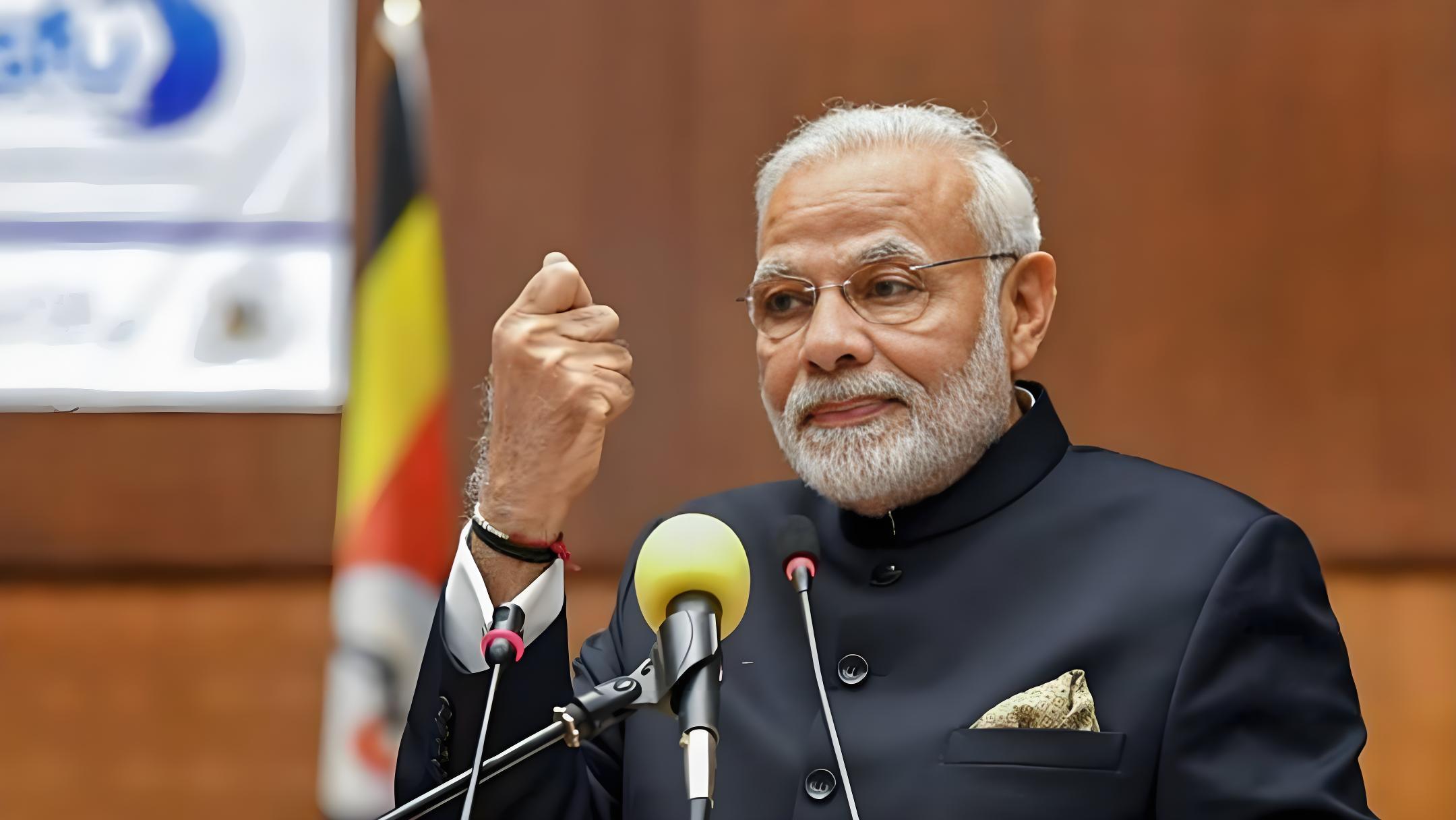
Recently, a remarkable business news piece has caused a stir in the global trade field - India is considering cutting tariffs on more than half of the 41.8 billion US dollars worth of US imports, and the bilateral trade volume between the two countries has reached 129 billion US dollars in 2024. Behind this move lies complex economic and political considerations, and it will have a profound impact on both India and the United States as well as the global trade pattern.
From the perspective of motivation, India's move is primarily aimed at responding to the tariff pressure from the United States. On April 2nd, US President Trump signed an executive order on "reciprocal tariffs", and the Office of the United States Trade Representative also released a report criticizing India's trade policy. Under such circumstances, India is attempting to demonstrate its negotiating sincerity by proactively reducing tariffs on some US goods to avoid being included in the list of additional "reciprocal tariffs" by the United States. Mitigate the negative impact of tariff shocks on one's own economy. Secondly, this action aims to promote the conclusion of bilateral trade agreements. India and the United States have been engaged in trade agreement negotiations. India hopes to take the tariff reduction as an opportunity to accelerate the negotiation process, create a more favorable external trade environment for its own economic development, and consolidate and expand its relationship with the United States, an important trading partner. Furthermore, from the perspective of long-term industrial development, although reducing tariffs may pose the challenge of intensified competition to some domestic industries in the short term, in the long run, it can introduce more intense market competition, prompt Indian enterprises to improve product quality and optimize production efficiency, and promote the transformation and upgrading of industries towards high-end and intelligent directions.
For India's own economy, in the short term, some domestic industries will be impacted. Take labor-intensive small and medium-sized enterprises such as the textile industry as an example. The influx of similar goods from the United States may lead to a reduction in orders, operational difficulties for enterprises, and subsequently cause problems such as worker unemployment. However, from a long-term development perspective, with the introduction of advanced technologies and management experience from the United States, the related industries in India are expected to achieve optimization and upgrading. Meanwhile, consumers will be the direct beneficiaries. They will be able to purchase a greater variety of American goods at lower prices, enrich their consumption choices, and improve their quality of life accordingly. At the political level, this decision of the Modi government is conducive to improving diplomatic relations with the United States and winning more support and a say for India on the international political stage. However, it cannot be ignored that the government also needs to properly deal with the possible opposing voices within the country to ensure the smooth implementation of policies and maintain social stability.
The United States will also be affected in many aspects in this incident. Economically, the agricultural sector in the United States will enjoy favorable conditions. The further opening up of the Indian market has provided new market space for American farmers, which is conducive to alleviating the problem of overstocking of agricultural products and stabilizing agricultural product prices. In the high-end manufacturing sector, for enterprises such as Apple and Boeing, the reduction of tariffs will cut costs, expand their market share in India, and further consolidate their dominant position in the global industrial chain. However, it should be noted that the appeal of India's cheap labor force and huge market to American enterprises may exacerbate the hollowing out of domestic industries in the United States, leading to the unemployment of some blue-collar workers. In terms of politics, this helps the United States demonstrate its influence in trade policies, further strengthen political ties with India, and enhance its political influence in the Asian region.
From a macro perspective of the global trade pattern, this move by India may trigger a series of chain reactions. On the one hand, it may prompt other countries to re-examine their economic and trade relations with India and the United States, triggering a wave of tariff adjustments worldwide. For instance, the European Union might reevaluate the Generalized System of Preferences (GSP) treatment for India, and other countries would also make corresponding adjustments to their trade policies based on their own interests. On the other hand, the opening up of the Indian market may attract the transfer of some industrial links to it, reshape the manufacturing landscape of Asia, and intensify industrial competition among regions. Some multinational enterprises may reconfigure their global production bases and relocate some of their industries from other countries or regions to India to fully take advantage of their cost benefits after the reduction of tariffs.
India's decision to consider reducing tariffs on imported goods from the United States is a trade-off made under the complex international economic and political situation, which will have extensive and profound impacts on both India and the United States as well as the global trade pattern. In the future, we need to closely follow the specific progress of the trade negotiations between India and the United States, as well as the dynamic changes in the global trade environment against this backdrop.

On January 4th local time, Trump warned India that if it does not limit its purchase of Russian oil, the United States will continue to raise tariffs on Indian products. Trump's latest warning sent shockwaves through the Indian financial market in just one day.
On January 4th local time, Trump warned India that if it do…
In October 2025, the US trade deficit narrowed unexpectedly…
According to the British media CoinJournal, recently, due t…
In January 2026, US President Trump once again set his sigh…
Europe is facing a crucial strategic choice: In the face of…
On New Year's Day 2026, BMW China announced a "systematic v…